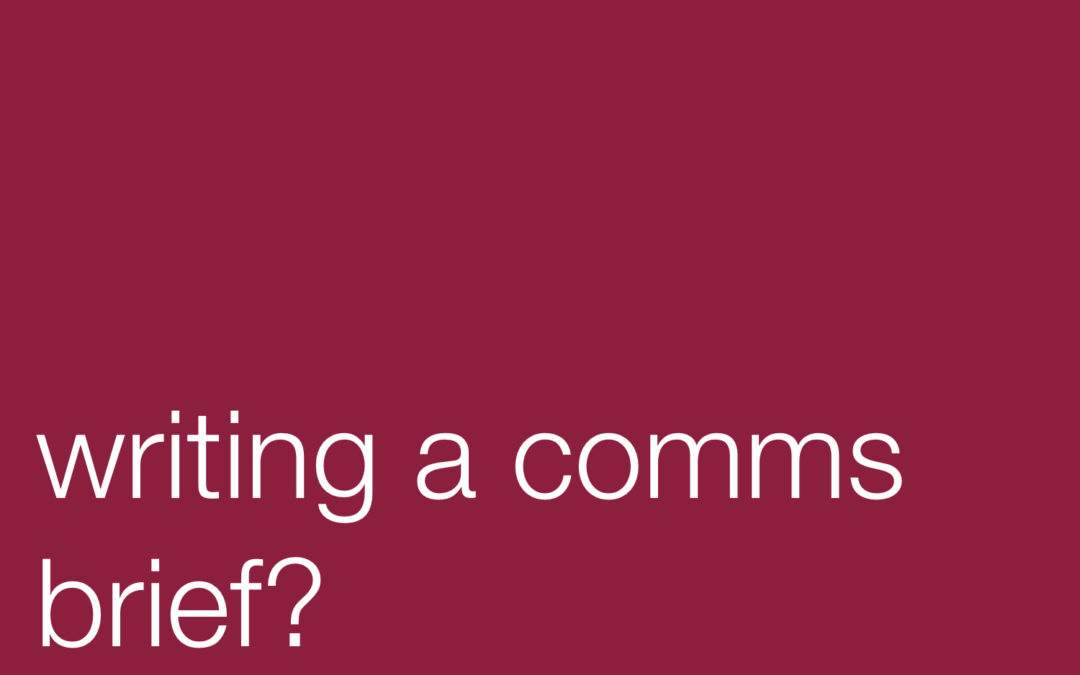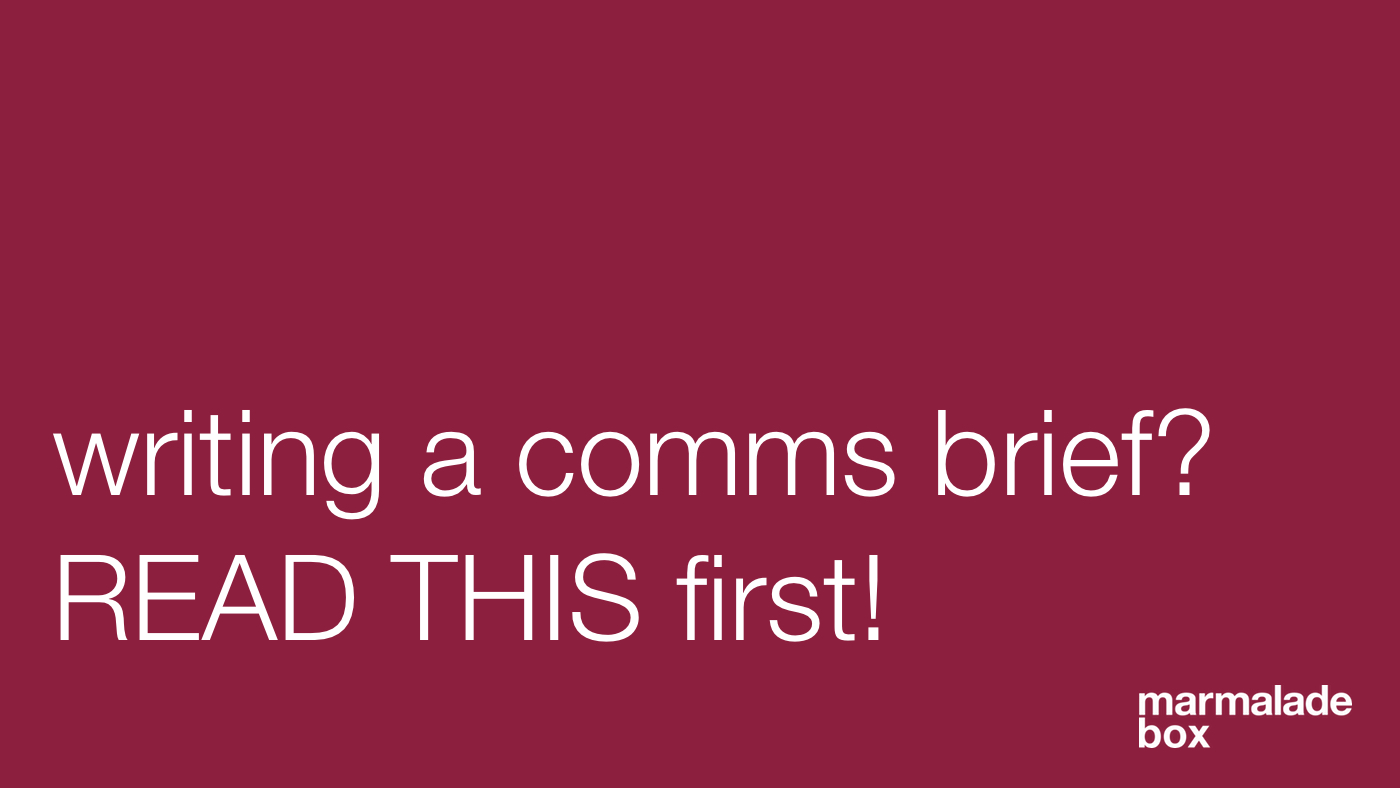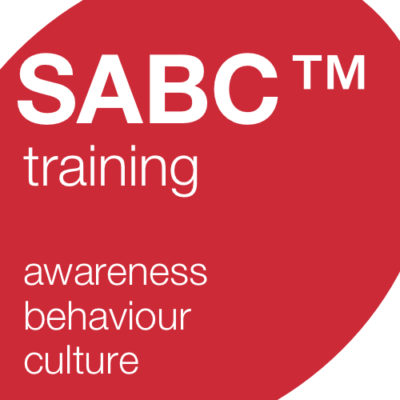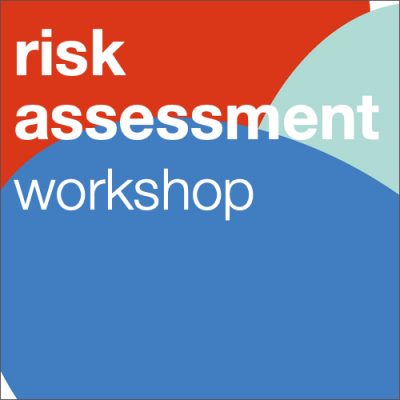As an information security professional, you may not be used to writing a comms brief. But whether you’re working with an agency or your own project team, it’s important to understand how to write a comms brief (also known as a communications brief).
Being clear about your budget and expectations upfront lets everyone know what’s required. And by taking other people’s opinions into account at the start you should avoid any stress or issues later on too.
“A project is only as good as its brief” – marketing experts everywhere
Creativity and communication are pretty subjective so if you can pinpoint your goals and communicate them to the agency or team you’re working with, you’ll reach them more quickly, more cheaply and with a lot less guesswork.
A well-thought-out brief can make the difference between needing seven conversations, five meetings and lots of strong drinks, and hitting the nail on the head first time. It can also help you define and refine your own thoughts.
Writing a comms brief
Writing an effective brief takes a bit longer than throwing out lots of ideas and hoping a few of them stick or telling your team to ‘do what you think will work’ (!) – but it’s worth it. If you use the following structure it won’t take long.
And remember, it’s called a ‘brief’ for a reason! Keep it relevant and write in the same language you use when you’re chatting face-to-face to your colleagues.
What to include in an effective comms brief
Here is what we would recommend you include when writing a comms brief;
Start with some information About your company, who you are and what you do (for external projects).
Then write a Project summary, what the project entails and why you’re doing it.
Next, what are your Project goals? How will you know you’ve reached them and what do you need to measure? For example, does success mean 10,000 new monthly website visitors, 1000 downloads, 100 enquiries, or maybe 10 new clients?
Who is your Target audience, who is the project aimed at and how will they discover or receive the piece you’re producing.
What are the Deliverables for the project.
Who are your Competitors and what Challenges are you/is your industry facing at the moment?
Talk about the main message for the campaign and other key messages. You could mention the style and tone to use and make sure you include your brand guidelines and relevant examples of previous work. It’s also good to think about why the messages matter to your target audience.
Timings, Budget, and Milestones for the project.
And, finally, who are the Stakeholders? Who will be reviewing and feeding back on the work?
Keep it brief
Try to be focused within each section and only include relevant information. Too little information means people will fill in the gaps themselves or keep coming back to you with questions. Too much information can be overwhelming.
It’s easiest to put everything together in a template. Then arrange a kick-off meeting with the team to go through the details, make sure everyone understands the brief and has an opportunity to ask any questions. Then it’s over to them.
For more information or help feel free to contact us or sign up to receive regular updates here.





